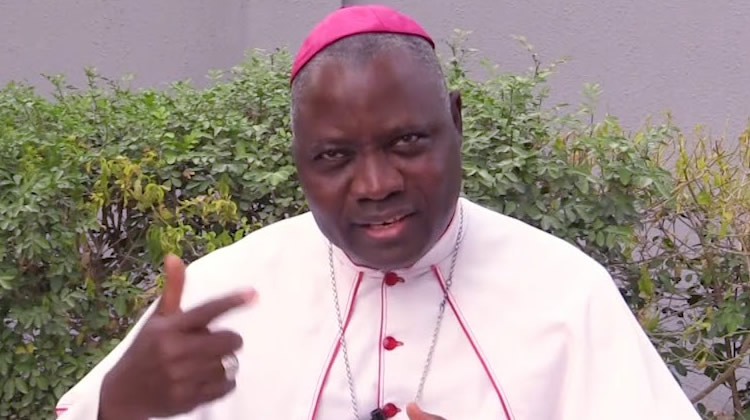
He noted that merit-based evaluation will be a catalyst for the nation’s growth.
While advising citizens to work together to build a better Nigeria, he also stressed the significance of fair and just practices in education and employment.
The cleric who stated these in his homily delivered at St. Peter’s Pastoral Area in Idu Karmo, Abuja, highlighted the importance of meritocracy.
Archbishop Kaigama urged educational institutions to uphold a system where students are rewarded based on their hard work and deserved results.
“Students must work hard and be awarded the results they deserve,” he firmly stated underscoring the need to break away from practices that undermine the principles of merit and fairness,” he said.
The Archbishop denounced favouritism and nepotism in the workplace, calling for job seekers to be granted employment opportunities based on their qualifications and capabilities.
He also stressed the need for deserving workers to receive promotions based on their achievements and contributions.
“Job seekers should gain employment based on merit, promotions should come to deserving workers, and we must reject the culture of favoritism and nepotism,” the Archbishop emphasised.
He echoed the frustrations of many Nigerians who have long struggled against unfair practices in the job market.
According to him, the call for a merit-based evaluation system aligns with the aspirations of countless citizens who yearn for a society that rewards hard work, talent, and dedication.
By advocating for fair and just practices, Archbishop Kaigama sought to foster an environment where equity, justice, peace, and love can flourish.
He explained that replacing unhealthy competition with cooperation, hostility with hospitality, and ethnic and religious bigotry with inclusivity will pave the way for a prosperous and unified nation.
The Archbishop, therefore, urged all Nigerians to remain steadfast in their commitment to a better Nigeria.
Kaigama stressed that by embracing the values of merit, hard work, discipline, and orderliness, citizens can contribute to the transformation of their country and create a brighter future for generations to come.





